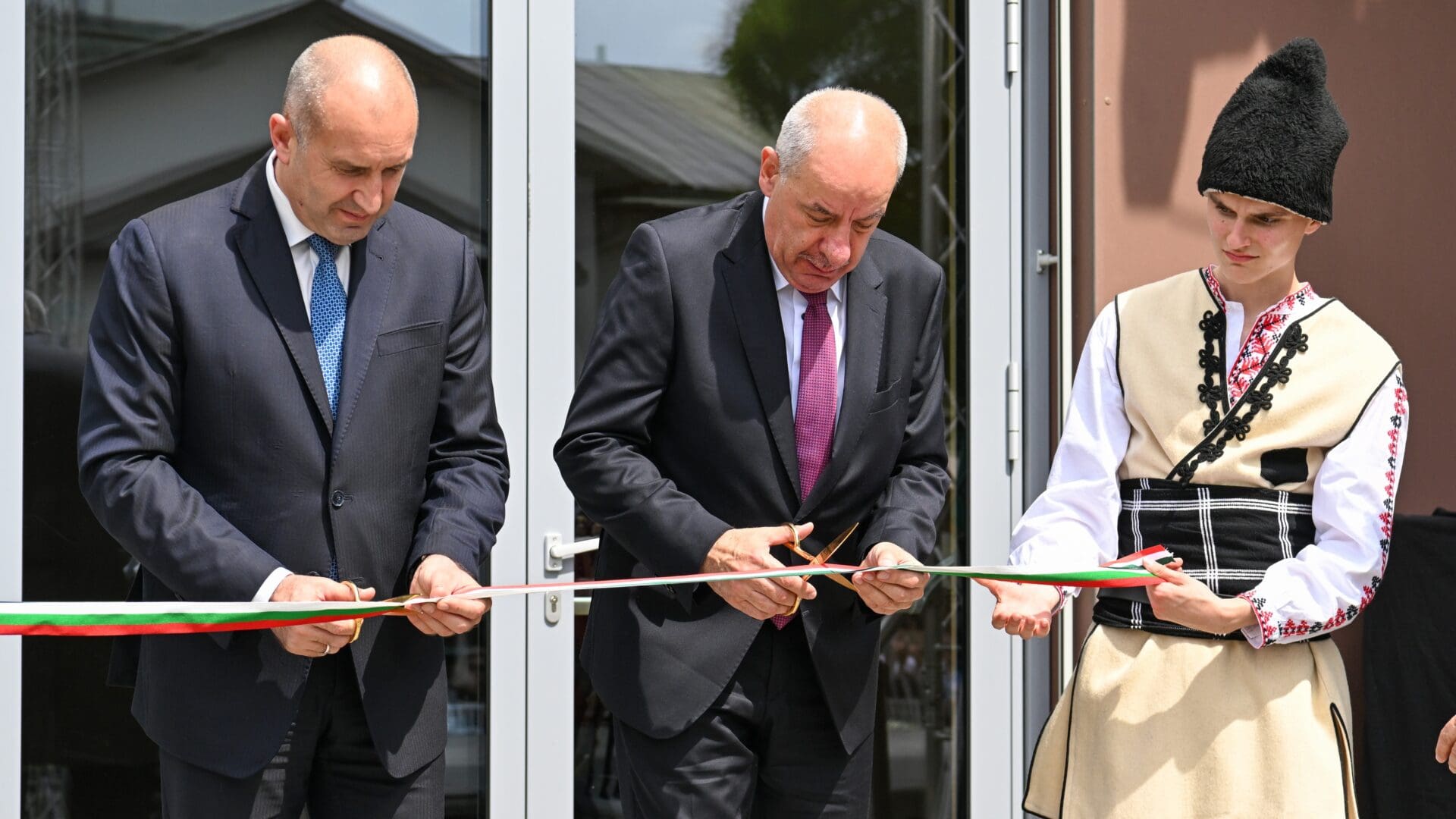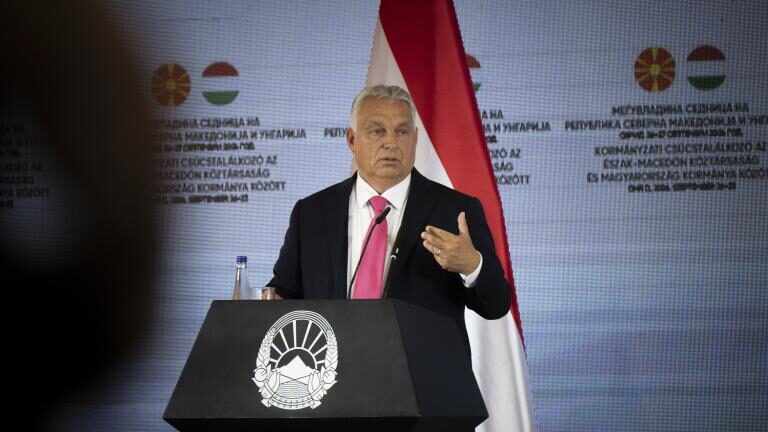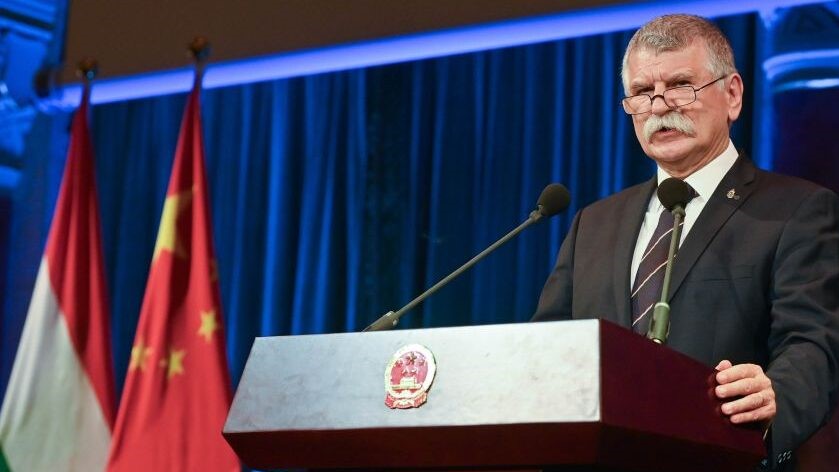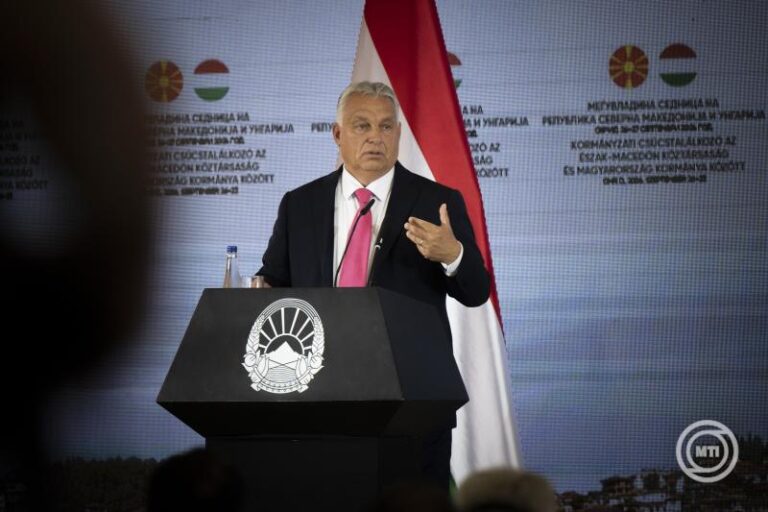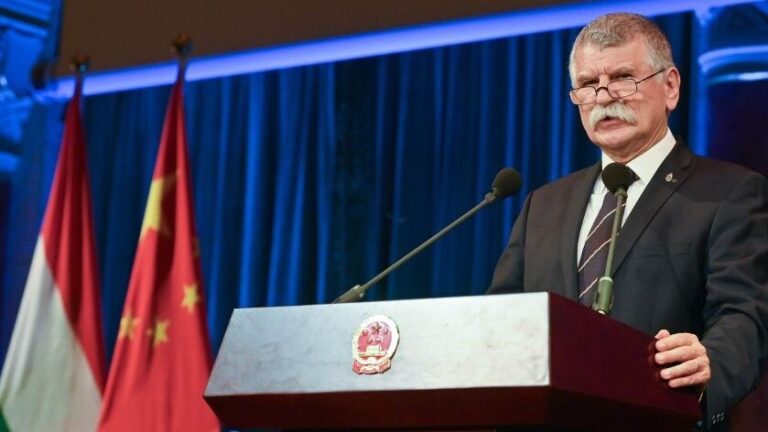The visit of Bulgarian President Rumen Radev to Budapest has reaffirmed the commitment to strengthening economic relations, ensuring the secure flow of energy through Bulgaria, and enhancing cultural ties between the two countries.
On 27 May 2024 the Bulgarian President paid a visit to the Hungarian capital to meet with the President of Hungary, Tamás Sulyok, and Hungarian Prime Minister Viktor Orbán. These meetings have resulted in the commitment of both sides to develop economic and cultural cooperation, keep the current arrangement in natural gas transit from Bulgaria, and the support for the Hungarian agenda for its upcoming presidency over the Council of the European Union.
During the visit Bulgaria reaffirmed its commitment to the secure and uninterrupted flow of natural gas to Hungary. Bulgaria holds a strategic geographic position due to its location on the Greece-Bulgaria Interconnector, a key pipeline connecting the Trans-Adriatic and Trans-Anatolian Pipelines (TAP and TANAP) with the Interconnectors of Bulgaria–Serbia and Serbia–Hungary, the construction of which was finalized in 2021. Bulgaria is also the key country through which natural gas from the Turkish Stream pipeline enters the EU. Both of these factors make Bulgaria the key country in the natural gas supply to the Balkans.
Bulgaria has made positive strides in maintaining its status as a secure route for the continuous flow of Hungarian natural gas imports.
This route is significant not only due to the current volume of Hungarian imports but also for its potential to diversify away from Russian natural gas supplies.
In December 2023, the Bulgarian Parliament repealed a law that was set to increase tariffs on natural gas transit. This move was welcomed by Hungary. The Hungarian Minister of Foreign Affairs and Trade described Bulgaria as a ‘reliable transit partner,’ emphasizing the importance of the repeal of the ‘hostile law.’
The majority of Hungary's natural gas consumption is met through imports. These include Russian natural gas via the Turkish Stream and the Southern Gas Corridor, which is the main route for diversifying Hungary's natural gas sources. Through this corridor, Hungary is already importing gas from Türkiye and Azerbaijan, with plans to import Turkmen gas as well. In 2024, Türkiye is set to export 275 million cubic meters (mcm) of gas to Hungary, while Azerbaijan is expected to export 100 mcm, with the potential to increase to 1 billion cubic meters (bcm). Turkmenistan is expected to start exporting 1 bcm annually to Hungary. The total potential capacity of gas imports via the Southern Gas Corridor to Hungary is projected to be 2.275 bcm annually, making it a viable alternative to the current imports of Russian gas, which total 4.5 bcm annually. It is important to note that in 2023, Hungary received 5.6 billion cubic meters (bcm) of natural gas via the Bulgarian route, accounting for 65 per cent of the country’s total natural gas imports. This underscores the significance of the Bulgarian route for Hungary's energy security.
Trade turnover between Hungary and Bulgaria has nearly doubled over the past eight years, ensuring strong economic cooperation.

Another rapidly developing area is bilateral trade between Hungary and Bulgaria. In this trade relationship, Hungary maintains a significantly positive trade balance. In 2022, Hungary's main exports to Bulgaria included packaged medicaments, cars, and electric batteries. Major imports from Bulgaria were industrial fatty acids, oils and alcohol, refined petroleum, and small iron pipes. According to data from the Ministry of Economy and Industry of Bulgaria, trade relations between the two countries have seen significant growth. The value of bilateral trade turnover has steadily increased from 1.3 billion euros in 2015 to 2.3 billion euros in 2023, nearly doubling over an eight-year period. During the visit of the Bulgarian President to Hungary, both sides reaffirmed their commitment to further enhancing trade relations between the two countries. Bulgaria reaffirmed its support for Hungary's policy objectives for the upcoming Hungarian Presidency of the Council of the European Union.
The visit also included discussions on the upcoming Hungarian Presidency of the Council of the EU. During the meeting with Hungarian President Tamás Sulyok, Bulgarian President Rumen Radev expressed support for Hungary's policy of seeking diplomatic efforts to achieve peace in Ukraine, emphasizing the importance of Hungarian-Bulgarian cooperation for peace and security in the EU. President Radev also voiced support for Hungary's efforts to integrate the Western Balkans into the EU. However, he stressed the importance of adhering to the Copenhagen criteria and urged their implementation in the case of the Western Balkans. Achieving peace in Ukraine and integrating the Western Balkans into the EU are major policy objectives for the upcoming Hungarian Presidency of the Council of the EU.
The visit of the Bulgarian President to Hungary resulted in several significant reaffirmations and commitments. Bulgaria reiterated its role as a secure route for Hungarian natural gas imports and both countries expressed their commitment to growing mutual trade. Additionally, Bulgaria supported the agenda of the upcoming Hungarian Presidency of the Council of the EU. Cultural relations were also highlighted, marked by the Presidents jointly opening the Bulgarian Cultural and Educational Centre in Budapest.

